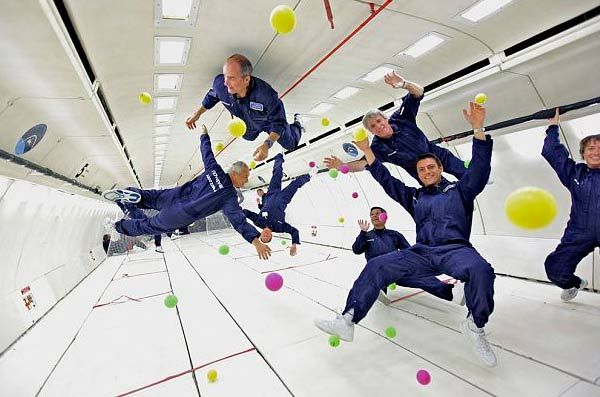New publications
Astronauts' brains change in volume during flight
Last reviewed: 02.07.2025

All iLive content is medically reviewed or fact checked to ensure as much factual accuracy as possible.
We have strict sourcing guidelines and only link to reputable media sites, academic research institutions and, whenever possible, medically peer reviewed studies. Note that the numbers in parentheses ([1], [2], etc.) are clickable links to these studies.
If you feel that any of our content is inaccurate, out-of-date, or otherwise questionable, please select it and press Ctrl + Enter.
Researchers from a Belgian university led by Dr. Floris Wits conducted an experiment to find out how the brain of astronauts adapts to weightlessness. Over a period of time, sixteen astronauts were examined and given detailed MRI scans using the latest scanning equipment. After the study, the scientists compared the tomograph readings before and after the flight.
The very stay and, especially, work in the conditions of a space station are associated with many difficulties. Finding itself in zero gravity, the brain receives conflicting signals from various organs. The vestibular system signals that the body is falling: at the same time, the organs of vision claim that there is no fall. In addition, if the blood rushes to the head, the brain understands that the person is upside down: however, in outer space there are no such concepts as "up" or "down".
Along with the vestibular system disorder, there are other complications. Thus, the internal time counting that occurs in the body indicates that a person should feel tired, since a whole day has already passed. But during the Earth's 24 hours, astronauts observe sunrise and sunset sixteen times.
In addition to the lack of gravity, large changes in load, etc., it has been established that prolonged stay in space can affect the volume of gray matter in the brain - this can be explained by the redistribution of fluids as a result of the absence of gravity.
At the moment, scientists have not yet figured out what the consequences of such changes may be for the health of astronauts. There are already reasons to assume that there is a direct negative impact on the lower limbs and visual organs.
There is also information that the brain, when in a stressful situation, still adapts to new conditions over the course of several days. In addition, it has been established that those cosmonauts who conquer space more than once need significantly less time to adapt to weightlessness. At the same time, several years can pass from one flight to the next. This means that the brain is able to retain information about such an adaptive reaction.

The results of the experiment can be very useful not only for astronauts, but also for people whose activities are not related to space exploration. The point is that certain common disorders of the nervous system develop precisely as a result of the brain's incorrect interpretation of impulses coming from the human body. Now, medical specialists, based on research conducted on astronauts, will be able to identify vulnerable areas in complex brain structures.
Dr. Witts also commented that "the experiment conducted on astronauts allowed us to track changes in the human brain before, during and after a stressful state."
